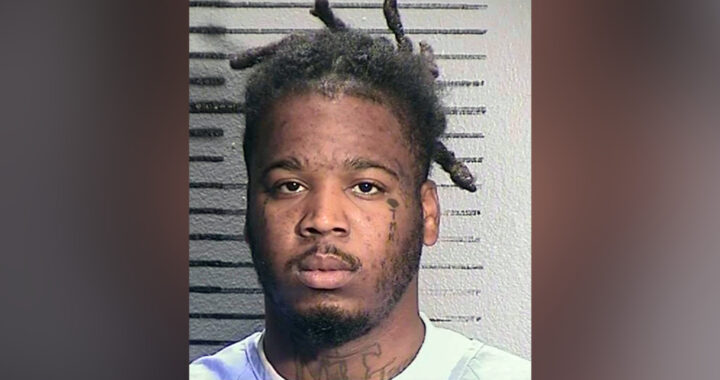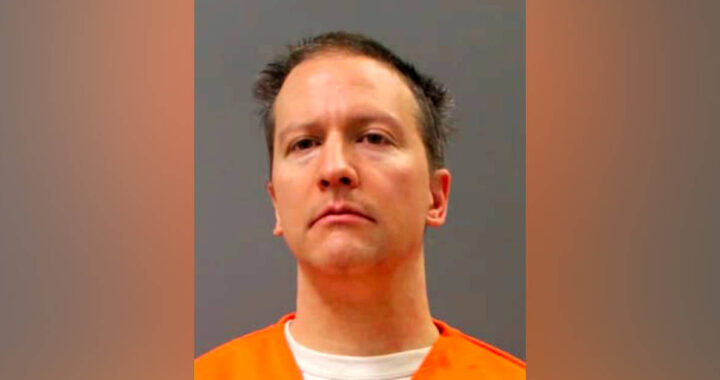A shooting spree that left six people dead and 18 other individuals wounded is being treated as a gang-related incident, the Sacramento Police Department confirmed.
A YouTube video posted shortly after the shooting is shedding new light on what happened Sunday evening and what led up to the shooting.
The video, posted under the account name “Sacramento Gang Archive” and fact-checked by KXTV ABC10 this week claimed the incident’s gang-related ties go “deeper than you think.”
The YouTuber, whose identity is not known, says the shooting happened outside a nightclub along K Street after rival gang members went to the same business. Their nighttime plan to visit the same nightclub was merely a coincidence, the YouTuber says, but the shooting that took place afterward was not.
Sacramento police sources who spoke with KXTV were able to validate about 90 percent of the claims made in the YouTube video, the TV station reported.
Investigators are still gathering photos, videos and eyewitness accounts, including media posted to websites like Twitter, Facebook and Snapchat.
Several people have already been arrested in connection with the shooting, including 27-year-old Smiley Allen Martin, who previously served prison time in connection with a domestic violence case.
Martin was released from prison just two months ago after serving a fraction of his 10-year sentence in the case. He was re-arrested at a local hospital on a weapons violation; police say he was one of the 12 individuals who sustained injuries in the shooting. It is not currently known if Martin fired any shots or if he has any gang ties.
In an interview with the Associated Press, a former Southern California district attorney said Martin would have stayed behind bars until at least May had it not been for Proposition 57, a law enacted in 2016 after broad voter approval that gives prison officials broad leeway in determining jail credits for recidivism-based programming and other incentives.
Officials with the California Department of Corrections and Rehabilitation declined to provide specific facts on Martin’s rehabilitation credits, saying state law prohibits them from disclosing that information.
Martin was eligible for parole in May 2021 because his domestic violence conviction was considered to be non-violent. At his parole hearing, prosecutors said the man had “little regard for human life and the law.”
Now, progressive politicians are joining their counterparts in suggesting “good time” credits and rehabilitation program incentives need to change for those whose offenses include violent acts.
“If people have a history of committing violent acts, and they have not shown a propensity or willingness to change, I don’t think they should be out on the streets,” Darrell Steinberg, the Mayor of Sacramento, said at a recent event.
On Monday, the Los Angeles Times editorial board noted that Martin was not released from prison early and had actually satisfied his sentence in full based on pre-trial custody credits that were awarded to him by the sentencing judge as well as good time credits earned after his sentence was imposed.
The Los Angeles Times said reporting by the Sacramento Bee and others painted a picture of Martin’s “early release” that was far from reality.
“The half-truths about credits and the falsehoods about parole boards shouldn’t be surprising,” the Los Angeles Times wrote. “But they can cause serious harm by undermining tested policies that improve lives. And they make a mockery of our democratic process by lifting up rumor and anecdote, and making them, rather than facts, central to our collective decision-making.”
Sacramento criminal defense attorney Mark Reichel said incarcerating gang members for minor offenses could create more problems than it solves because individuals tend to be segregated and housed in a way that makes them more susceptible to gang initiation.
“They force you to segregate into that gang from that neighborhood you came from, or you’re affiliated with, and now you’re spending 10 years in the state prison,'” Reichel told ABC10 in an interview.
Reichel said local and state police collect information on suspected gang members in their communities dating back to at least the 1990s. The Sacramento Police Department estimates around 3,000 gang members are in the city, but Reichel said the number could be higher.
Click or tap here to read the full story at ABC10.com







